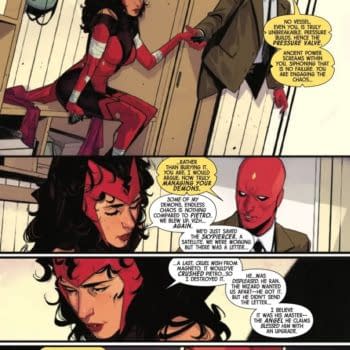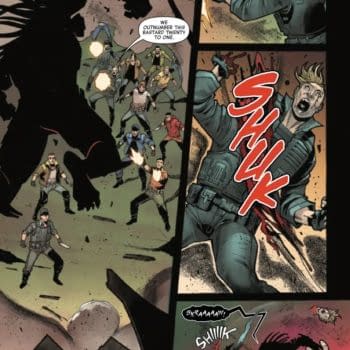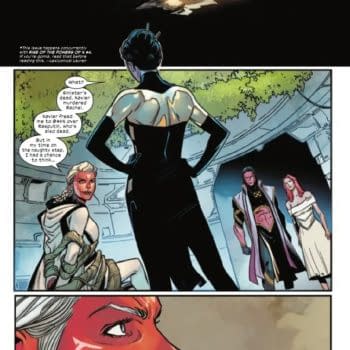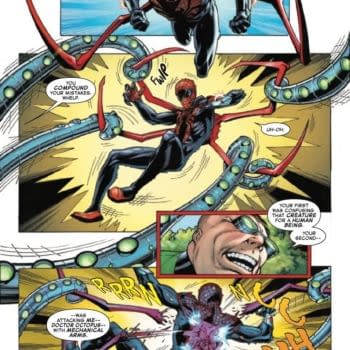Posted in: Comics | Tagged:
TeeChip Continues To Make Friends And Influence People With Unauthorized Art Use
Earlier this week, we investigated the story of French collage artist Mr. Garcin, whose artwork has graced the covers of several Marvel comics, and TeeChip, the popup tee-shirt flash sale website that, as of press time, is still selling an unauthorized reproduction of his Star Wars piece on a variety of products such as posters, tee-shirts, coffee mugs, and iPhone covers, despite Garcin's attempts to get their legal department to remove the sale, and despite Bleeding Cool's own contact with the company and publishing of an in-depth story on it. This isn't the first time TeeChip has made the news. We've written about their antics several times in the past.
The company is getting a lot of new attention today thanks to Neil Gaiman retweeting a post from last month about their alleged business practice of starting Facebook fan pages for artists, hiding the existence of the page from those artists using Facebook's privacy settings, and then leading new followers to popup sales of products emblazoned with the unauthorized art of those artists:
Will all of this negative attention be more effective than DMCA requests sent through the company's copyright department?
So far, neither has made much of a difference:

How can a company allegedly do this? Well, TeeChip and similar sites operate by being middlemen, purportedly allowing anonymous users to create the items that they sell:
By having users create the products, TeeChip's business falls under the safe harbor protections for User Generated Content of the Digital Millennium Copyright Act, shielding online service providers from liability in the case of user-created copyright infringing material. Of course, one of the conditions of that protection is that the provider promptly remove access to infringing material when notified of it (though "promptly" isn't clearly defined), which our report on Mr. Garcin documents doesn't appear to be happening, despite the fact that TeeChip's website dedicates an entire page to the process:
And of course, there's also the question of who exactly is opening up those Facebook pages.
But we're not lawyers, so what do we know? The best we can hope for, it seems, is to educate consumers on these practices and hope that everyone will be more careful when purchasing artwork to make sure that the original artist is actually getting paid for it. And if you're an artist, well, you might want to have a look around their site, because if they're selling your work through a pop-up Facebook fan page, it's possible you don't even know about it.
What do you do if your find your art being sold without your permission through a Facebook fan page? You can certainly try contacting TeeChip's DMCA contact as listed above, though that has proven less than successful for Mr. Garcin so far. The FBI recommends reporting alleged IP theft that occurs on Facebook directly to Facebook. And if you let us know here at Bleeding Cool, we'll also help you spread the word.
















